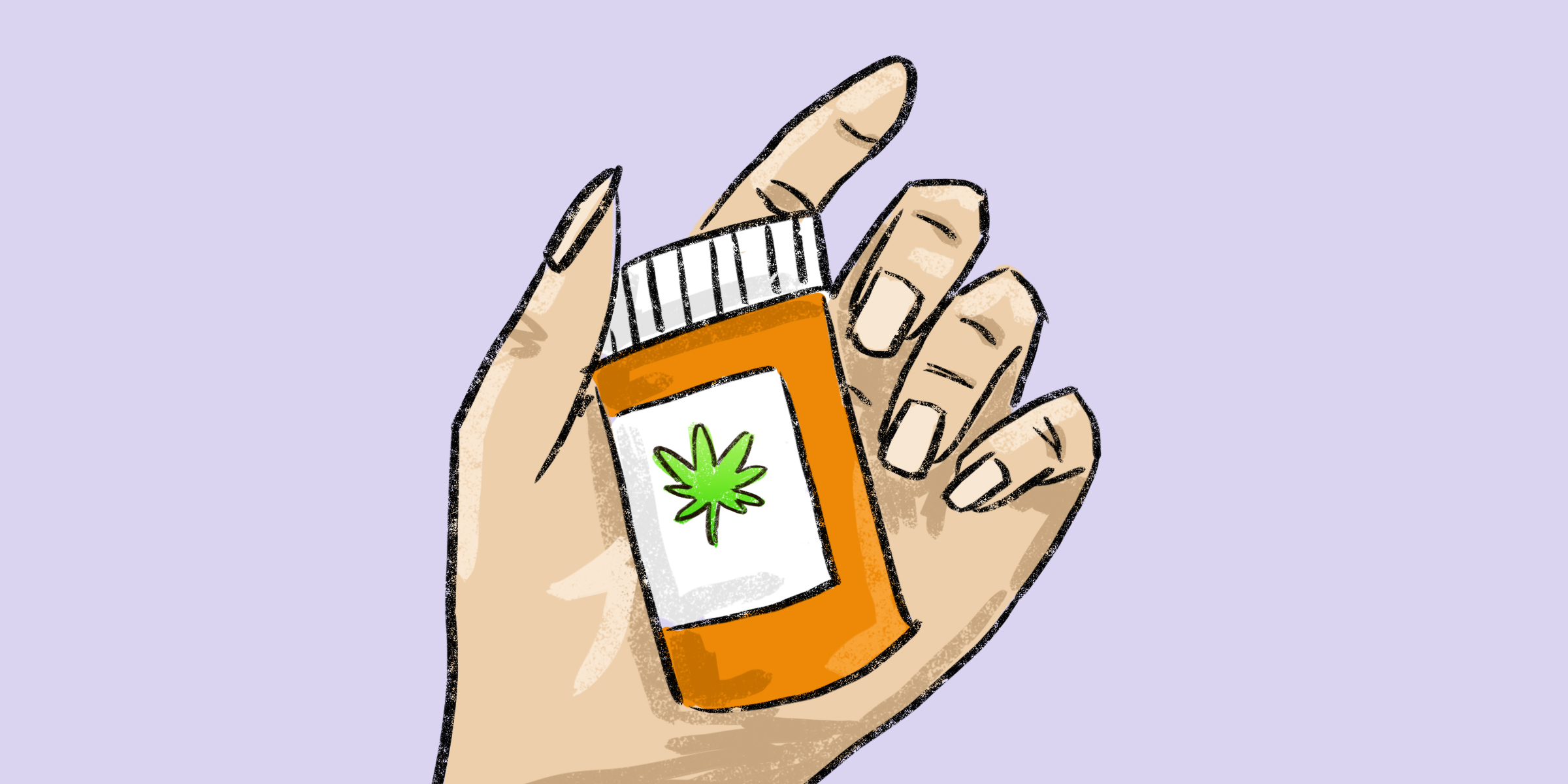Marijuana laws hurt patients


You’d think that the Harper government would be keeping its mitts firmly off the issue of medical marijuana (MMJ). The 2001 regulations allow for people with specific and severe symptoms, as well as those from a longer but less specific and doctor-approved list, to access medicinal marijuana.
The Marijuana Medical Access Regulations, passed in 2008 after a series of court decisions, legally defined the production of marijuana. Approved MMJ patients could grow their own plants, designate another to produce for them or purchase from a licensed dealer.
Of course, the feds only bothered to license a single dealer, who operated in Manitoba and Saskatchewan. As a result, patients began to grow their own medicine, or have another do it for them.
And so things continued, with relatively little controversy, until the present day. More than half of American states already have medicinal laws in effect, two states have legalized, and several more are preparing to vote on legalization or decriminalization shortly. Public opinion in Canada and abroad is overwhelmingly in favour of decriminalization, and many are pushing for outright recreational legalization.
The Conservatives have (wisely) stayed clear of most social issues and focused on economic issues like job creation. And the public has no great grudge against the private grower system. So why will the entire medicinal system be handed over to large growers and corporations in a month?
On April 1st, all licensed growers, except a handful of large commercial entities who are to inherit the system, will no longer be able to grow marijuana for medicinal use.
The new commercial entities will be the sole legal distributors of the medicine in Canada. Additionally, prospective patients will now require a document bearing their doctor’s signature, rather than a Health Canada card.
Defenders of the changes say that the new commercial growers will provide a better product, with more consistent quality and access. The goal is to take medicinal production from the streets and give it to responsible, accountable growers.
The first problem is that the only reason medicinal production is ‘on the streets,’ far from the controls of the government, is the continuation of the unnecessary War on Drugs.
The best medicinal system in the world would probably be one in which marijuana was already legal, and those who wanted it for medicinal reasons would simply seek out their preferred strains or concentrations amongst the legal economy, or perhaps go to shops more specialized in medicinal use.
That’s far off, of course – though the Conservatives remain the only major party who don’t favour, at least, decriminalization. Regardless, these changes do little or nothing to help patients, and are a definite step back from the previous system.
Buying from a commercial agency is going to immediately increase the price. Keep in mind that the approved growers have been operating for several years – they are not amateur organizations, and they can produce marijuana at a rate vastly cheaper than the stuff offered by the new sellers. And just like Colorado, it is already acknowledged that there will be many early delays and shortages.
Doctors don’t even particularly want to be the sole providers of authorization – many have personal doubts about prescribing, and leaving it with Health Canada seemed, under the old system, perfectly acceptable.
I suppose it could be worse – the approved growers are relatively well-spread across the country, offering many different strains and services, and most of them are existing MMJ firms or startups rather than multinational cronies. But the clear solution here is to just retain the old system and license these commercial growers as a prelude to legalization.
The Conservatives won’t last forever, and this upcoming election will probably be tougher than any of Harper’s last few.
With all other parties moving inexorably to more liberal positions on marijuana, recreational and medicinal, perhaps the Conservatives ought to reconsider this step – and their whole stance.


